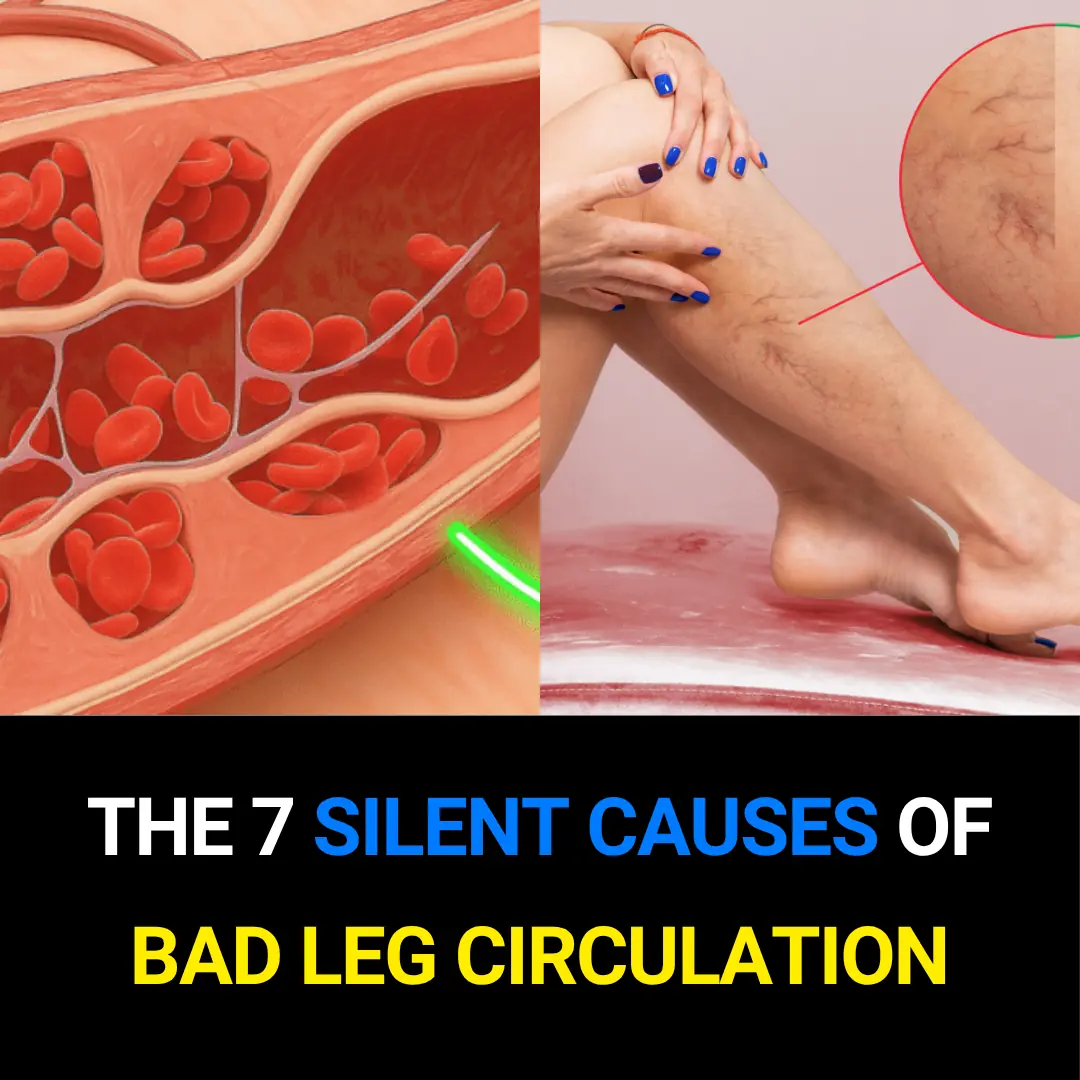
9 Warning Signs of Diabetes You Shouldn’t Ignore
Diabetes can develop quietly, often showing up in ways that are easy to overlook. In its early stages, the condition might not cause dramatic or obvious symptoms, which is why so many people live with undiagnosed diabetes for months or even years. However, recognizing early warning signs and understanding how your body reacts to changes in blood sugar can make an enormous difference. By catching diabetes early, you can take proactive steps to manage it effectively and protect your long-term health.
Below are nine subtle but important symptoms of diabetes that deserve your attention. Paying close attention to these signs — and seeking medical advice when needed — can help you take control of your health before complications arise.
1. Constant Fatigue and Low Energy

One of the most common and overlooked signs of diabetes is persistent tiredness. When your body struggles to produce or use insulin properly, it can’t efficiently convert glucose (sugar) from food into usable energy. As a result, sugar builds up in the blood instead of fueling your cells — leaving you feeling exhausted, even after a full night’s rest.
This fatigue isn’t just physical; it can also affect your concentration and mood. You may find it hard to stay focused, make decisions, or complete daily tasks that once felt easy. If you feel drained most of the time and can’t pinpoint a clear reason — such as stress, lack of sleep, or overwork — it’s wise to ask your doctor about checking your blood sugar levels.
2. Increased Hunger and Unexplained Weight Loss
Feeling constantly hungry while losing weight without trying is another red flag. When your cells can’t absorb enough glucose for energy, your body begins to break down fat and muscle instead. This leads to unintentional weight loss, even if your appetite has increased.
Some people notice they crave carbohydrates or sugary foods because their bodies are desperately trying to replenish missing energy. If you find yourself eating more yet losing pounds, or if your clothes start to feel loose for no reason, it may be an early warning sign of diabetes or prediabetes.
3. Blurred or Fluctuating Vision

High blood sugar levels can affect the small blood vessels in your eyes and the shape of your eye lenses. When sugar levels rise, the lenses can swell, causing temporary blurred or distorted vision. Your sight might clear up when your blood sugar stabilizes — but recurring episodes should never be ignored.
If you suddenly find it difficult to focus, notice halos around lights, or struggle to read small text, schedule an eye exam. Catching these changes early helps prevent long-term complications such as diabetic retinopathy, which can lead to permanent vision loss if left untreated.
4. Darkened or Thickened Skin Patches
Dark, velvety patches of skin — especially around the neck, armpits, elbows, or groin — can be an early indicator of insulin resistance. This condition, known as acanthosis nigricans, occurs when excess insulin in the bloodstream stimulates skin cells to grow more rapidly.
Although these patches can sometimes appear for other reasons, they’re more commonly linked to prediabetes or type 2 diabetes. If you notice such changes in your skin’s color or texture, it’s important to consult a dermatologist or endocrinologist for further evaluation. Early detection can help you manage insulin resistance before it progresses.
5. Small Yellowish Bumps on the Skin
Another lesser-known skin symptom is the sudden appearance of small, firm, yellowish bumps. This condition, called eruptive xanthomatosis, is caused by extremely high triglyceride levels — a common side effect of uncontrolled diabetes.
These bumps often appear on the thighs, buttocks, arms, or elbows, and may feel itchy or tender. They sometimes disappear once blood sugar and fat levels are controlled. If you notice this symptom, it’s important to seek medical advice quickly, as it often indicates underlying metabolic issues that need prompt attention.
6. Excessive Thirst and Frequent Urination
Constant thirst and frequent urination are among the classic warning signs of diabetes. When blood sugar levels are high, your kidneys try to remove the excess sugar by filtering it out through urine. This process uses up extra fluids, leading to dehydration and triggering more thirst — a frustrating cycle that keeps repeating.
You might notice that you’re drinking more water than usual or waking up several times at night to use the bathroom. If this happens consistently, it’s a good idea to get your blood sugar checked. Early management can prevent more severe dehydration and kidney-related complications.
7. Persistent Itching or Dry Skin
When blood circulation weakens due to high sugar levels, your skin may become dry, itchy, and irritated — particularly in areas like the hands, feet, and lower legs. This can also be a sign of diabetic neuropathy, a nerve condition caused by prolonged high blood sugar.
Some people describe it as a tingling, burning, or crawling sensation under the skin. If itching persists despite using moisturizers or skin treatments, it may be more than a simple irritation. Consulting your doctor can help determine whether nerve damage or poor circulation is to blame.
8. Tingling, Burning, or Numbness in Extremities
A tingling or “pins and needles” feeling in your hands and feet can indicate nerve damage caused by prolonged high blood sugar. This condition, also known as peripheral neuropathy, may start mildly but can progress to pain, numbness, or even loss of sensation over time.
When left untreated, nerve damage can affect balance, increase the risk of injuries, and make it harder to notice cuts or sores on the feet. If you experience these sensations regularly, it’s important to talk to your healthcare provider about nerve testing and diabetes screening.
9. Slow-Healing Cuts and Frequent Infections
If small wounds, bruises, or insect bites seem to take forever to heal, high blood sugar could be interfering with your body’s repair process. Diabetes slows blood circulation, making it harder for oxygen and nutrients to reach damaged tissues. This not only delays healing but also increases the risk of infection.
Common trouble spots include the feet, legs, and gums. If you notice that injuries stay red, swollen, or painful for a long time, it’s best to have them checked by a professional. Proper wound care and blood sugar management can prevent more serious complications, such as foot ulcers.
Understanding How Diabetes Affects the Body
Diabetes interferes with how your body turns food into energy. Normally, insulin helps move glucose from your blood into your cells, where it’s used as fuel. But when insulin doesn’t work effectively or isn’t produced in sufficient amounts, sugar accumulates in the bloodstream. Over time, this buildup can damage vital organs — including your heart, kidneys, eyes, and nerves.
Early detection allows you to make meaningful lifestyle changes, such as eating balanced meals, staying active, managing stress, and keeping a healthy weight. Regular medical checkups and blood tests (like fasting glucose or HbA1c) can reveal whether you’re at risk and help you take control before complications develop.
Taking Control of Your Health
The good news is that diabetes is highly manageable when caught early. Simple, consistent steps — such as eating nutritious foods, staying hydrated, exercising regularly, and getting enough rest — can greatly improve your blood sugar control. Your doctor might also recommend medication or insulin therapy depending on your needs.
Living with diabetes doesn’t mean giving up a full, healthy life. With knowledge, discipline, and medical support, many people successfully manage their condition and prevent serious health issues.
Remember: your body often whispers before it shouts. Paying attention to small, gradual changes could be the key to protecting your health and well-being for years to come.
Disclaimer:
This article is for educational purposes only and should not replace professional medical advice. Always consult your healthcare provider if you suspect you have diabetes or notice any concerning symptoms. Staying informed, proactive, and mindful of your body’s signals is the best way to live confidently and maintain lifelong health.
News in the same category


New Study Shows Vitamin D Suppresses Key Cancer-Driving Protein

Take Lemon and Garlic on an Empty Stomach for 7 Days — Unclog Your Arteries Naturally

What Really Happens When You Drink Coffee on an Empty Stomach

DIY Egg & Vaseline Hair Mask for Extreme Shine and Smoothness 🥚🌟

Arthritis warning: 10 everyday foods making your pain and inflammation worse

7 nuts you must eat for better health (and the #1 nut you should NEVER touch)

Garlic Peels Are Not Trash – Don’t Throw Them Away!

1 Cup to Cleanse Your Lungs of Phlegm and Toxins
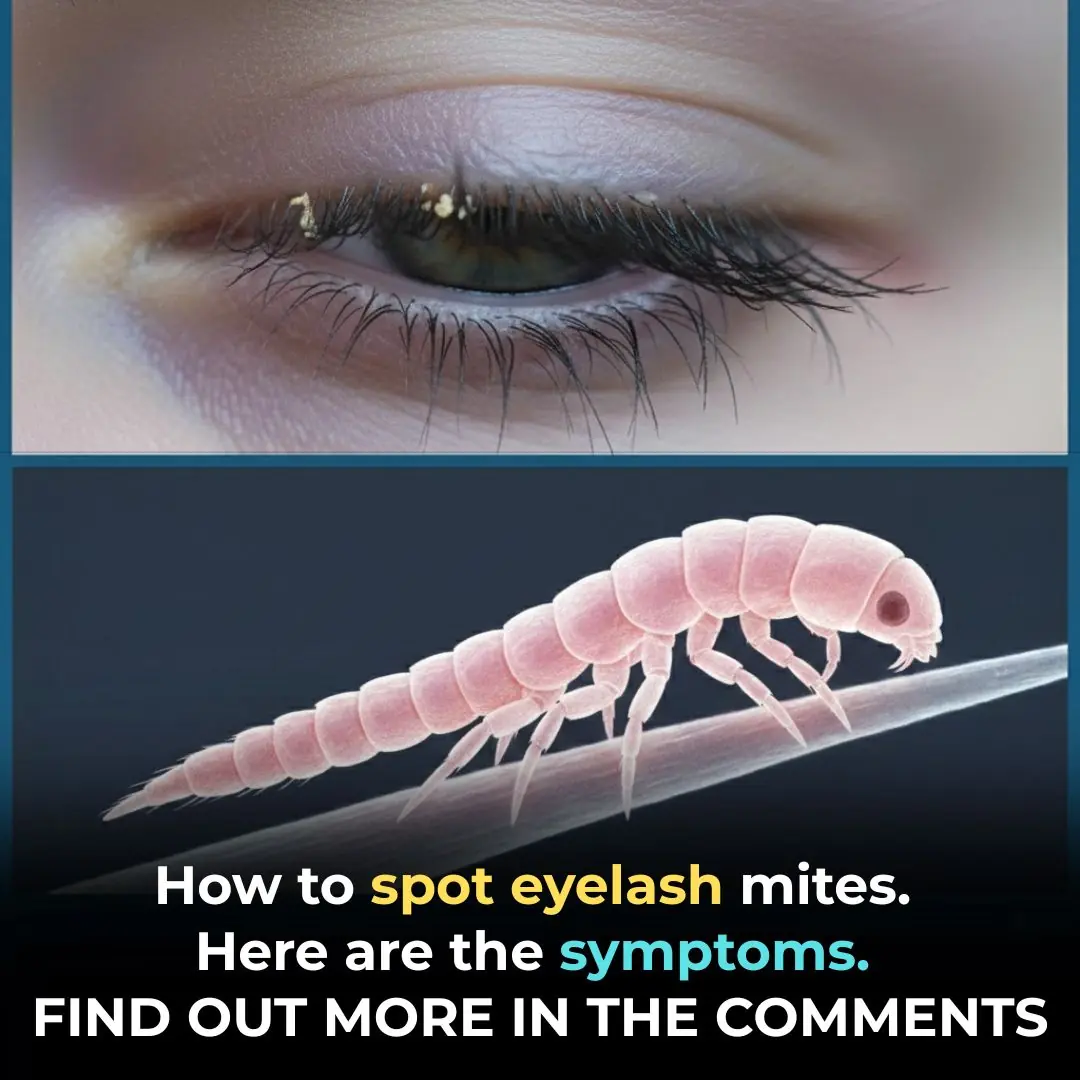
How To Spot Eyelash Mites
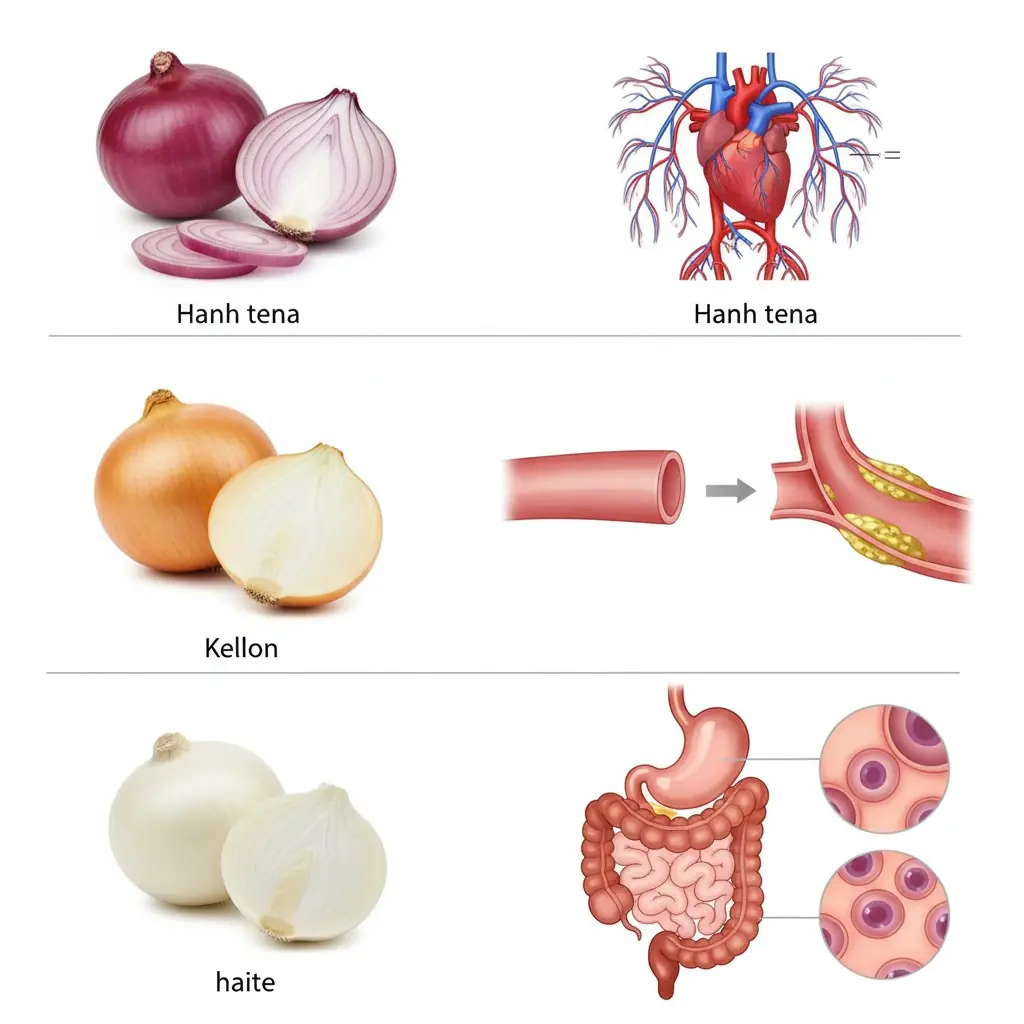
The Healing Power of Onions: Red, Yellow, and White — Three Natural Medicines in One Vegetable
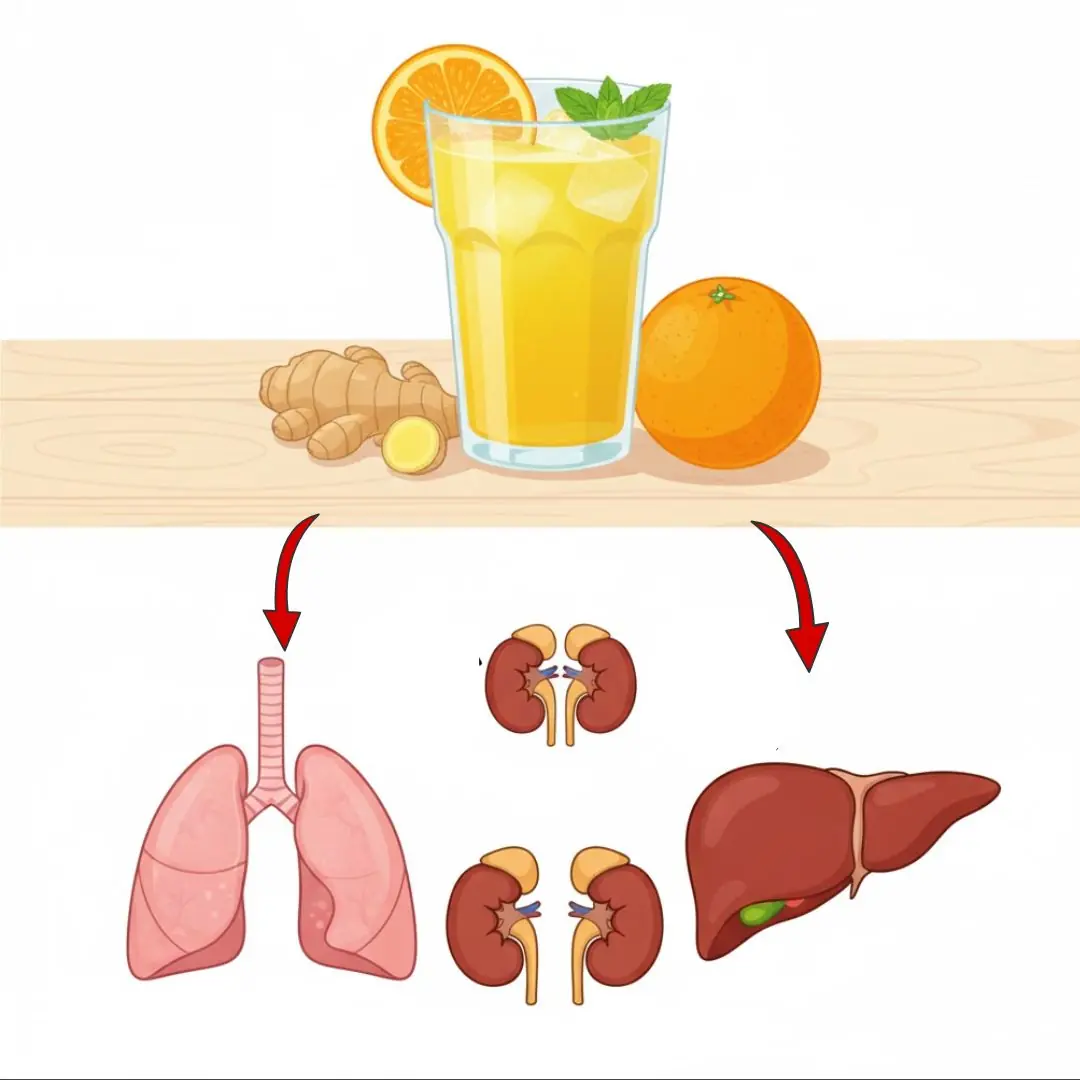
The 7-Day Organ Flush That Doctors Hate: Cleanse Kidneys, Liver & Lungs With Kitchen Staples

How to Naturally Eliminate Intestinal Parasites with Clove and Flax Seeds
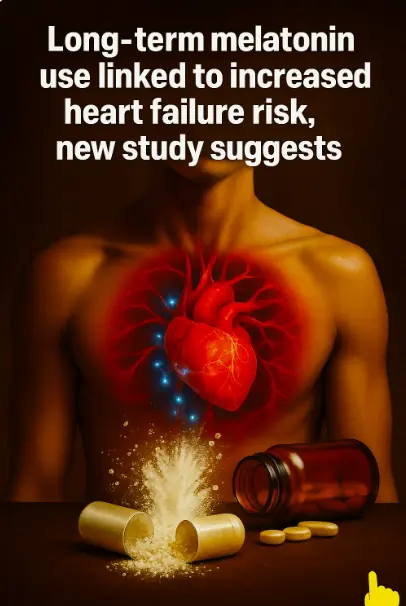
Long-term melatonin use linked to increased heart failure risk, new study suggests

The #1 Food to Unclog Your Arteries Naturally
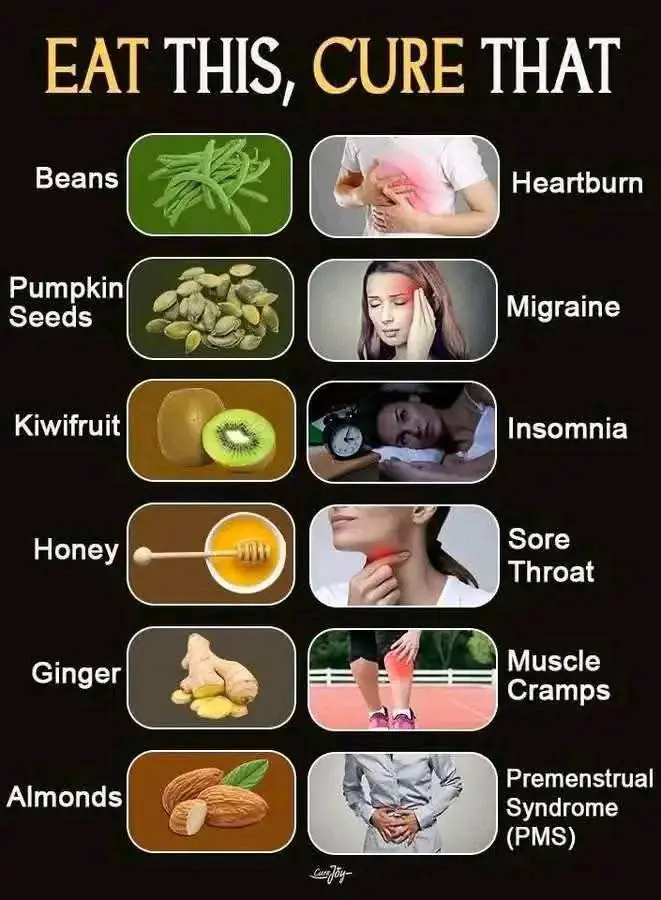
6 Everyday Foods That Can Help Relieve Common Health Symptoms — According to Science

Nerve damage? 6 best oils to help repair your nerves
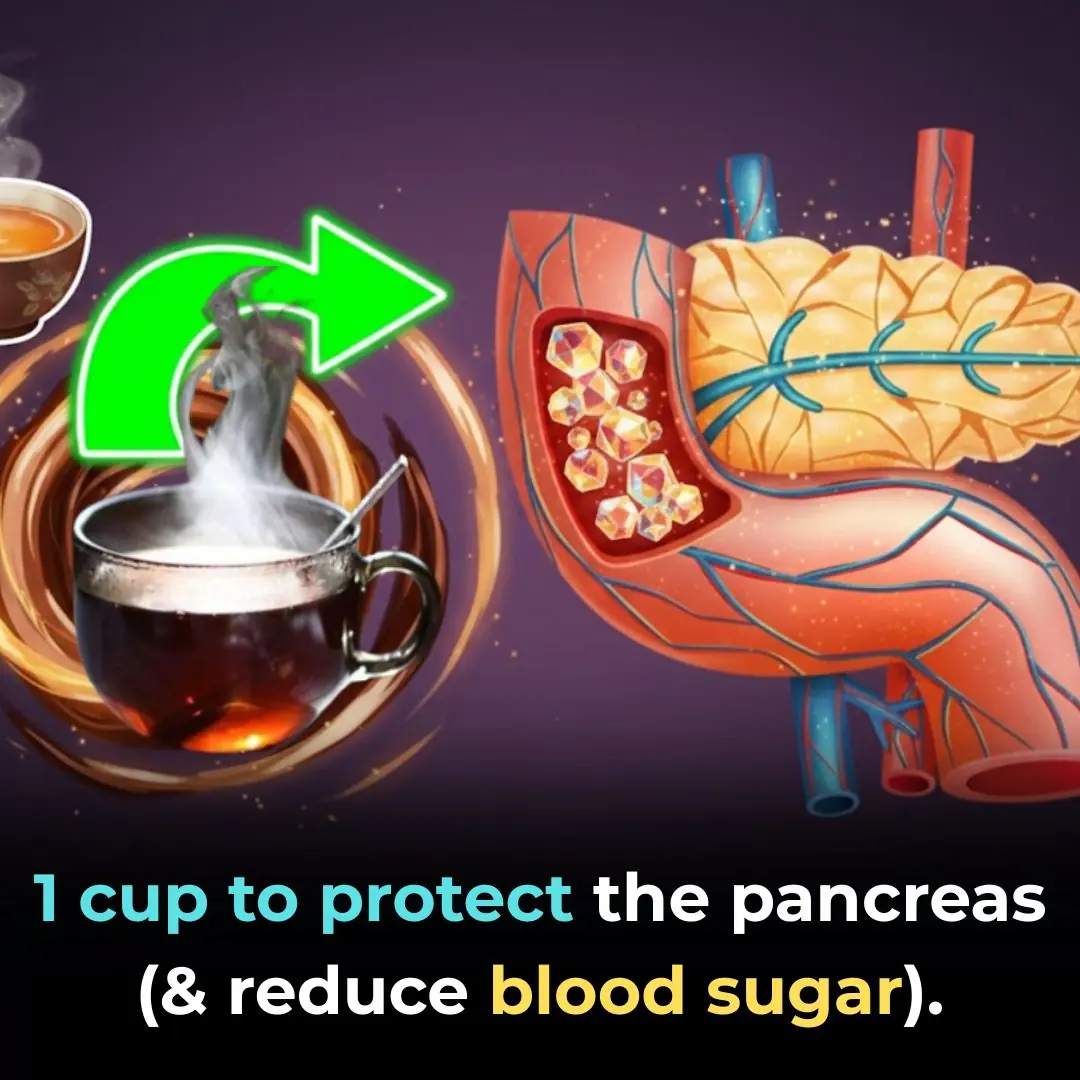
1 cup to protect the pancreas (and reduce blood sugar)

10 Warning Signs of Bowel (Colorectal) Cancer You Shouldn’t Ignore
News Post

7 Medical Causes of Impaired Leg Circulation You Might Be Missing

New Study Shows Vitamin D Suppresses Key Cancer-Driving Protein

Take Lemon and Garlic on an Empty Stomach for 7 Days — Unclog Your Arteries Naturally

What Really Happens When You Drink Coffee on an Empty Stomach
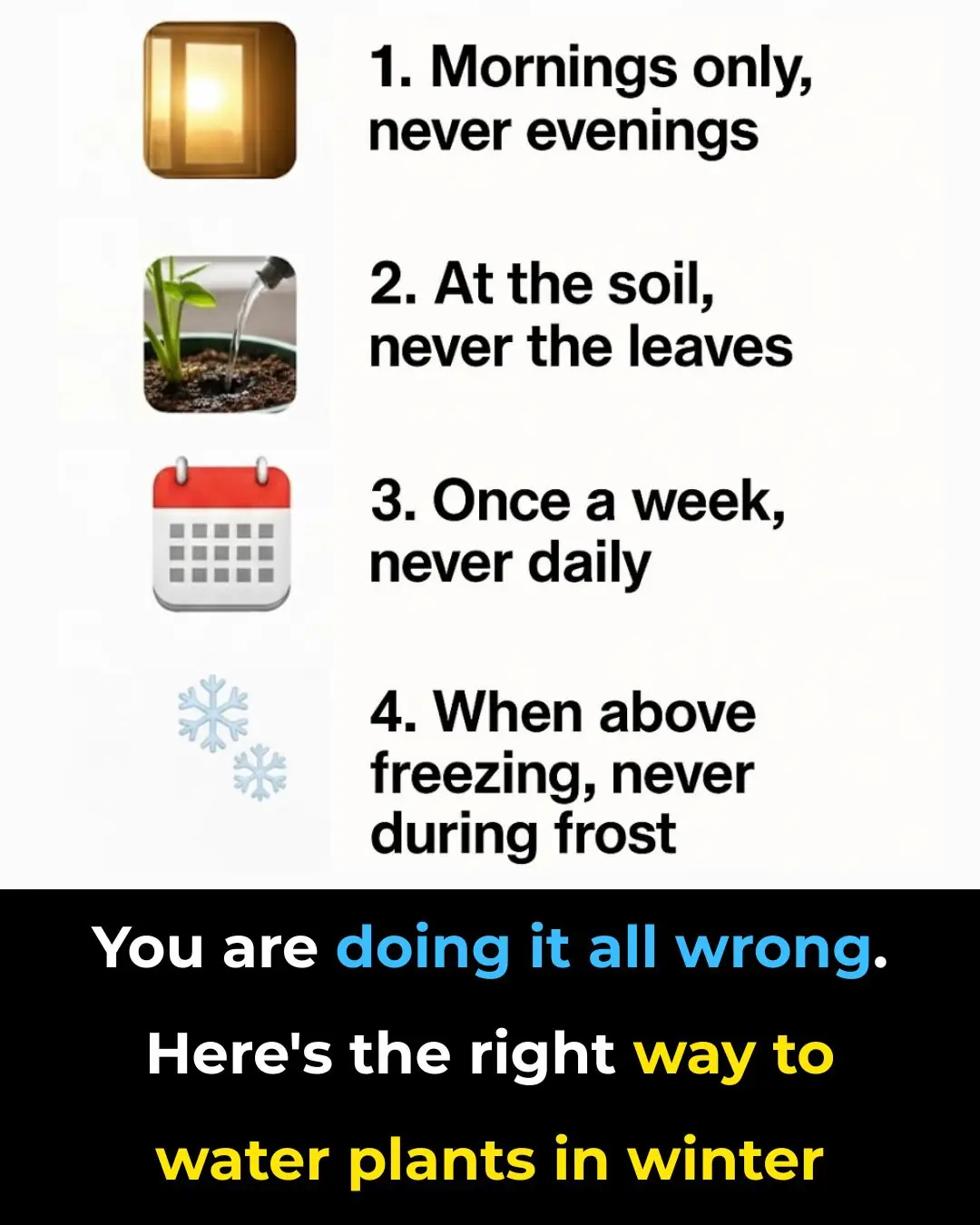
You Are Doing It All Wrong. Here’s the Right Way to Water Plants in Winter

Don’t Junk Your Eggshells. Hang Them in Your Garden Instead. Here’s Why

12 Top Perennials for Containers That Return Year After Year

You Are Doing It All Wrong. Here’s the Right Way to Prune Plants Before Frost

My nana taught me this hack to make orchids rebloom fast in 5 minutes with 0 work — here’s how it really works

DIY Egg & Vaseline Hair Mask for Extreme Shine and Smoothness 🥚🌟

Arthritis warning: 10 everyday foods making your pain and inflammation worse

7 nuts you must eat for better health (and the #1 nut you should NEVER touch)

It Turns Out Rice Weevils Fear “This Thing” the Most – Put a Little in Your Rice Bag and You Won’t Worry About Pests All Year

6 Household Appliances That Consume More Electricity Than Air Conditioners and Refrigerators: Unplug Them to Avoid Skyrocketing Bills

5 Natural Ways to Keep Mice Away from Your Home Without Using Poison

Mix Leftover Rice with Laundry Detergent – A Surprising Household Hack That Solves Common Problems Without Costing a Dime

6 Healthy Drinks That Help Prevent Stroke — Simple, Effective, and Worth Adding to Your Routine

Air Conditioner Leaking Water Indoors?
